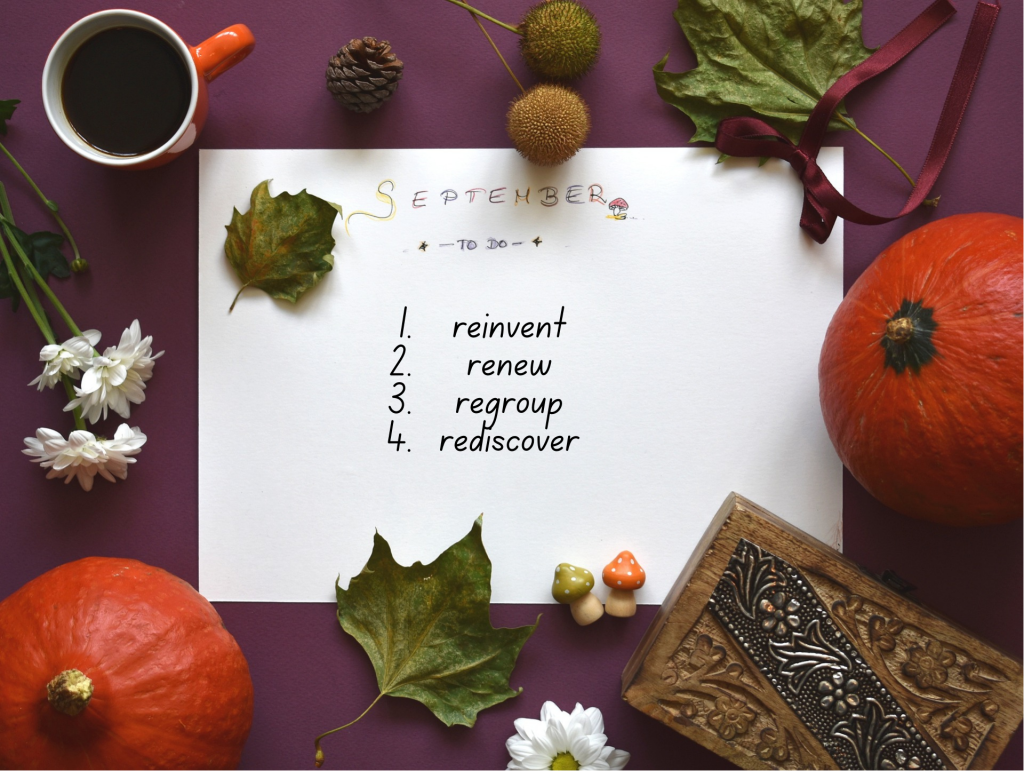Whatever midlife crisis is, it isn’t another teenage.
An article in the Telegraph today suggests that ‘growing numbers of forty-somethings are embarking on a series of intense but ultimately short-lived relationships’. The theory seems to apply equally to men and women. The psychologist responsible for the analysis a Voula Grand suggests that these people may be finding new partners on the internet after failed first marriages and then rushing very quickly into ‘rebound’ marriages which they soon regret.
It appears to be that although the number of people divorcing is in decline overall, the trend is slower in those over 45. It seems a bit of a leap to assume that this has anything particular to do with internet dating, and a part of me wants to say ‘so what if it is’. I’m not sure what they are trying to prove here.
Midlife is a challenging time for us. We can put it down to chemical and biological changes, a sudden intimation of our own mortality, or something else. It is a time when you can feel you have lost your way, and it seems to me that society has failed to offer any significant support.
At every other stage of life it seems that there are Government schemes, national initiatives, and charitable movements expressly designed to focus on a particular age-group with coaching, support and networking.
For those in their middle years there seems to be much less around. Yet this is the time when you may have experienced some of the biggest emotional turmoil for the first time – grief, the end of a career, marital break-up, children leaving home, financial uncertainty, failing health – these are just a few of the problems that can start to rear their head.
We’re often told to watch out for an elderly person in our neighbourhood who is struggling. We are often asked to keep an eye on the child who appears to be vulnerable and at risk. Maybe we should be paying a bit of attention to our middle-aged colleagues and friends, particularly if we know they are having a hard time in some way. Loss of confidence and self-respect can lead you in your forties and fifties to become introverted and alone, rather than admit to others that you are lonely or depressed. It is no wonder internet dating is attractive in that situation and yes, you may leap in at the deep end to recover your self-esteem and gain some apparent security.
At this time you need help getting to the bigger picture. You may want to do something you may never have done before. It may be an opportunity to find your purpose and enrich you life with new experiences and interests. Maybe even rediscovering a forgotten childhood ambition.
Every experience is an opportunity. Sometimes you just need a little help finding what that is. You can change a little, or you can change a lot. It’s up to you.
One thing is for sure. You are not a teenager. I don’t believe for one moment that these statistics demonstrate some sort of regression into childishness, at least not in the derogatory sense implied here. It is simply a matter of starting again. Sometimes when we start again we just don’t know exactly how to do what we are doing. We make mistakes. And at this particular age in life starting again can become a bit of a theme.


Leave a Reply
You must be logged in to post a comment.